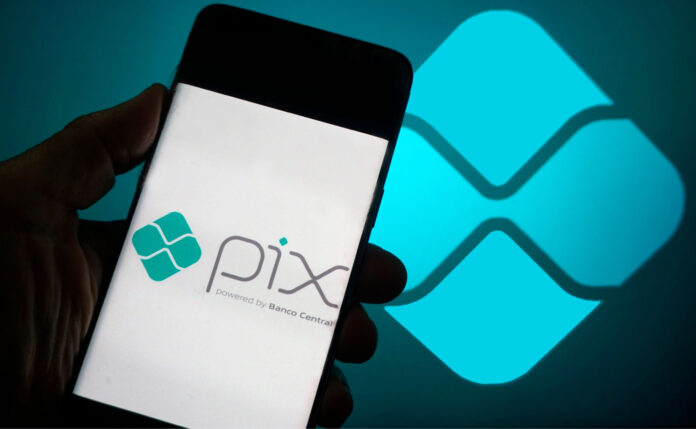Carnival is one of the most anticipated moments of the year, but also a period of high risk for fraud and theft. A recent survey by fintech Koin revealed that 90% of respondents have had their cell phones stolen during Carnival.
The survey found that 18.4% of respondents have been victims of scams or fraud during Carnival. The most common scams include tampered PIX or QR codes (46.4%), fake profiles selling Carnival products or services (35.7%), card cloning or unauthorized transportation charges (21.4%), cell phone theft followed by access to bank accounts or WhatsApp cloning (17.9%), fake tickets (14.3%), and accommodation scams such as fake ads or unauthorized charges (10.7%).
The financial losses are also noteworthy: 28.6% of victims lost between R$100 and R$500, 21.4% suffered losses above R$1,000, and only 17.9% managed to avoid financial losses.
“Amid the growing number of cyber scams, it is essential to reinforce awareness about digital security. Investing in consistent and ongoing educational campaigns is a crucial strategy to reduce these risks and protect users,” emphasizes Gabriela Jubram, Head of Marketing at Koin.
Despite the scams and potential threats associated with using cell phones during Carnival, driven by the high flow of people, 72% of revelers say they take measures to protect themselves against fraud, 12.5% do so occasionally, and only 15.1% remain vulnerable, becoming easy targets for criminals.
The Koin survey indicates that 15.1% of respondents say they sometimes take precautions during Carnival, while 12.5% usually don’t worry about fraud.
Revelers who protect themselves against fraud during Carnival adopt different strategies: 66.4% of respondents avoid providing personal or banking details to strangers; 51.3% don’t withdraw money from ATMs near events; 46% enable two-factor authentication on their cell phones and banking apps; and 36.8% check QR codes before making payments and verify the authenticity of accommodation ads.
Additionally, 68.4% avoid taking their cell phones out of their pockets in crowded places; 53.9% activate device tracking; 44.7% use strong passwords and biometrics for unlocking; and 32.9% disable PIX or reduce transaction limits during the festivities.
Still, there is a risk of theft. In the survey, participants were asked about their actions in case of cell phone theft. Of the total respondents, 34.9% said they file a police report, another 34.9% remotely block the device, while 22.4% prioritize notifying their bank to block transactions and avoid financial losses.
The survey also assessed revelers’ perception of security regarding digital payments during the festivities. The results show that 38.2% avoid making digital payments as much as possible, 34.9% feel very secure when paying digitally, 19.7% feel reasonably secure, and only 7.2% consider themselves insecure when making digital payments.
“Due to the high concentration of people in typical Carnival blocks and events, Carnival has become a critical period for scams and fraud. Financial and digital education is essential for people to enjoy the festivities without losses. The use of good security practices, such as strong passwords, facial biometrics, and app access control, can reduce fraud and ensure more peace of mind for revelers,” the executive highlights.
The survey was conducted in the first half of February and interviewed 250 people across all regions of Brazil, with multiple-choice questions.


